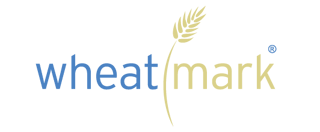While storyboards are commonly used for creating video scenes and movies, they can also be used for planning your book. Whether your book is fiction or nonfiction creating a storyboard can help you to plan a timeline, plots, subplots, characters, and events.
To get started you will need a wide board that is smooth enough for sticky notes to stick. A 4 x 8 poster board can be rather expensive but you can make one yourself either with butcher paper that you tape to a wall or cut a large cardboard box cut to make a single surface. Use a big enough size that you can spread your notes apart and read them easily.
Initial Idea Session
You will need a small pad of 2- or 3-inch Post-it notes. To start, simply put a single idea about your book on a Post-it note. One idea per note. Slap it on the board. Any place will do at this point. Any idea that comes to mind should be added to the board. Write down as many ideas as you can think of. Plan on working on this stage in several sessions. Once your mind gets percolating on ideas you will find that more and more will come to mind as the days go by.
The Plotting Stage
The next part of your storyboard process is to group different ideas together. These will become future chapters. Because Post-it notes are easy to move around you can change their order as many times as you need to make the most sense for each chapter.
You can also create different storyboards for different aspects of your book. If your book is fiction, you might want a separate storyboard for each character, setting, or event. For nonfiction, you might consider separate boards for the main book chapters, indexes, and resource sections.
A storyboard is a useful tool for creativity. It allows for spontaneity and yet develops a cohesive structure as it grows. Even when you have written the first draft of your book, you may still want to refer back to your storyboard for revisions.
At Wheatmark, we believe in helping authors with every step of the writing and publishing process. Whether your book is is in the beginning or final stages to tell us about your project, tell us about it.
